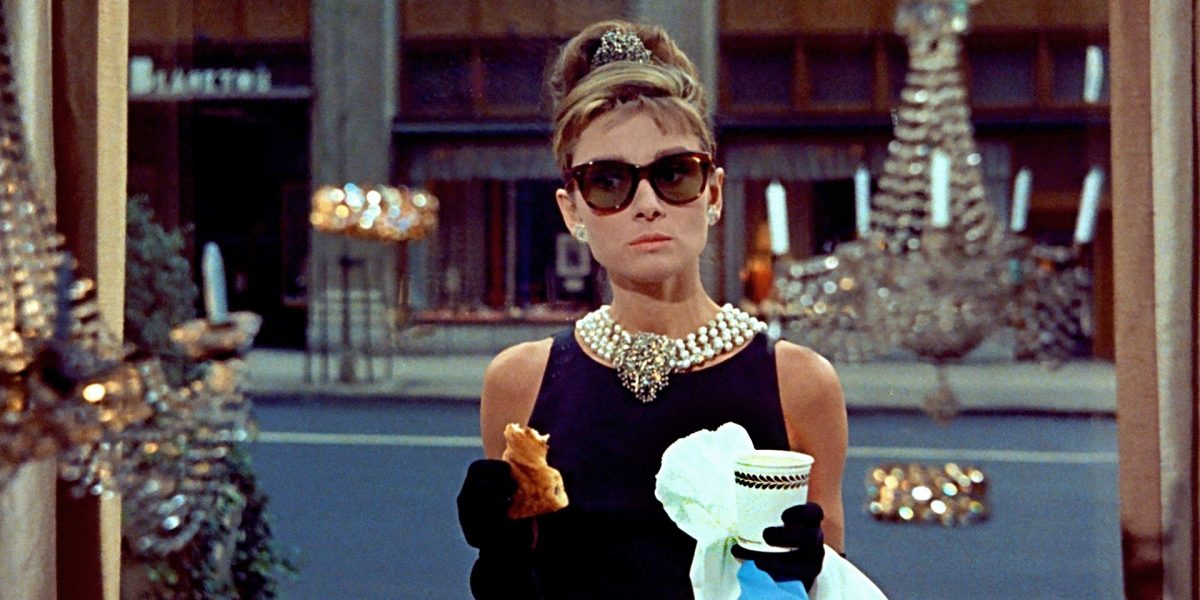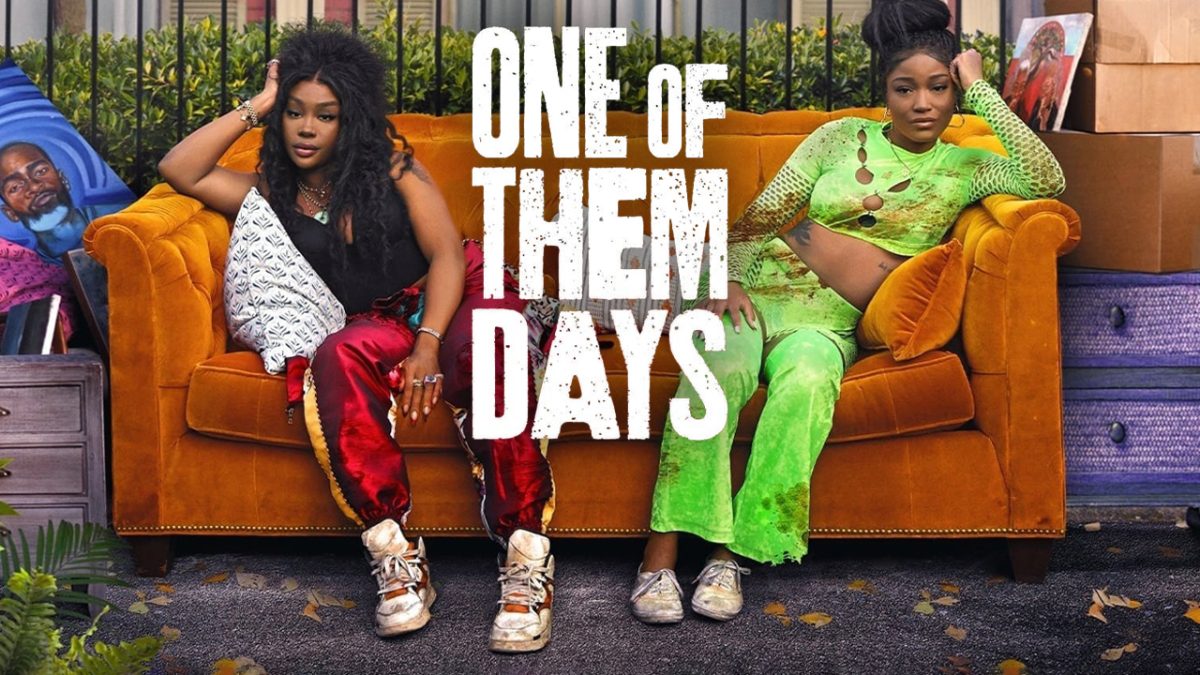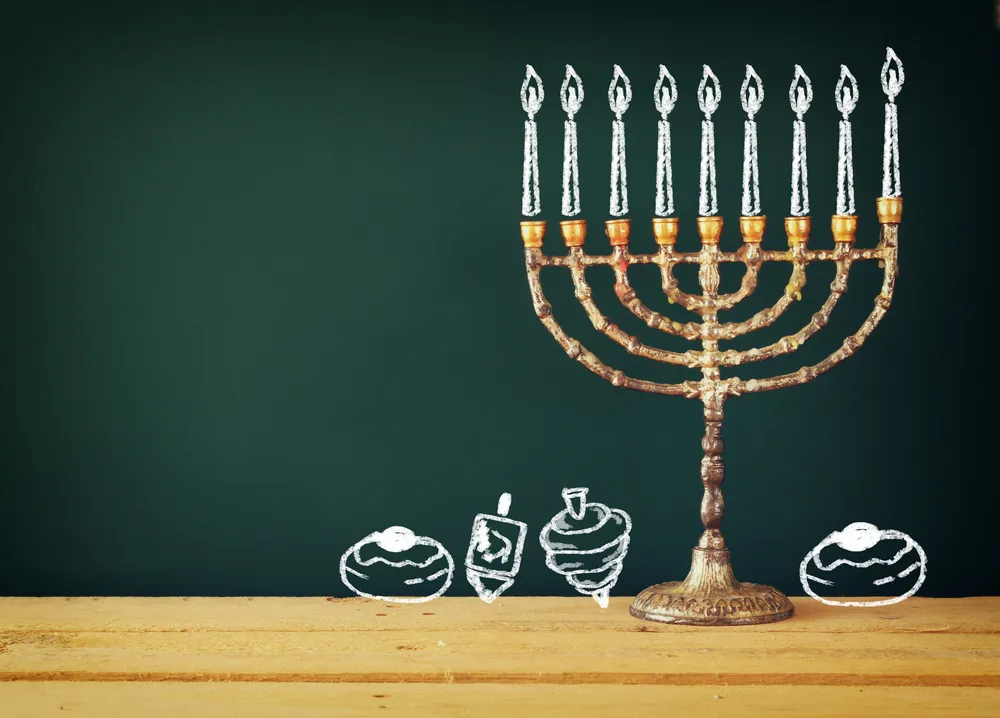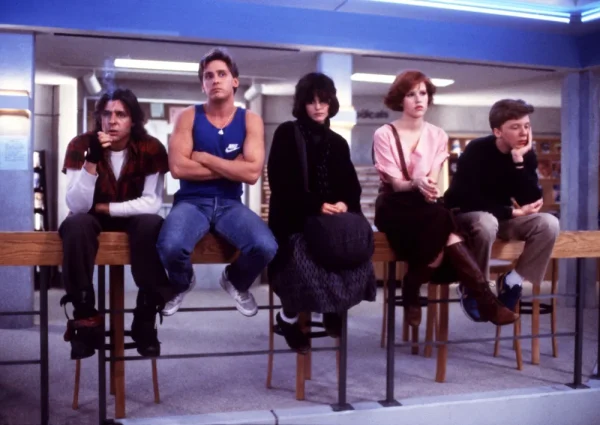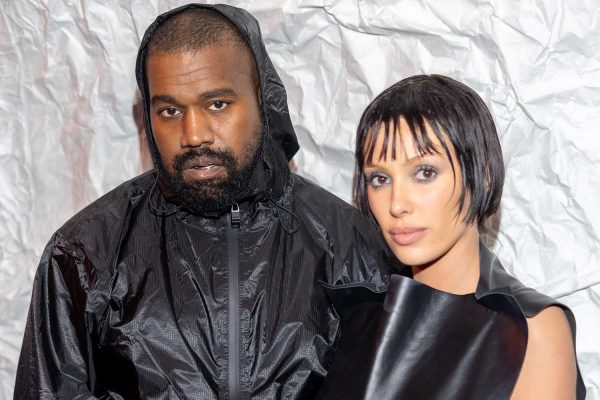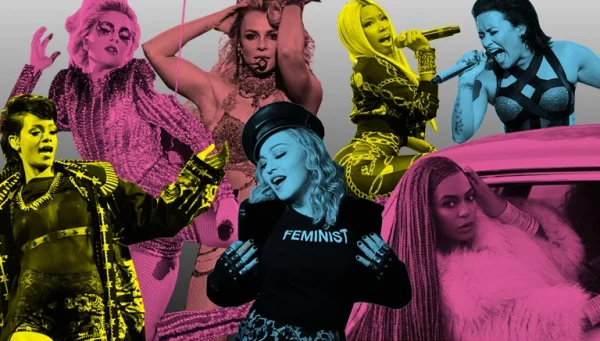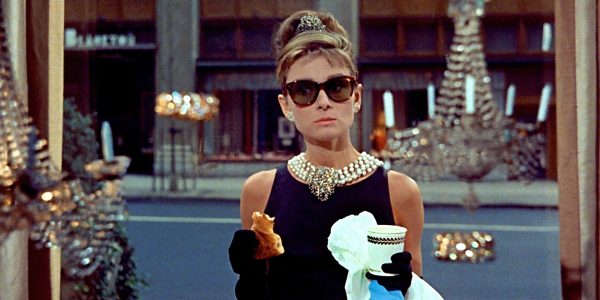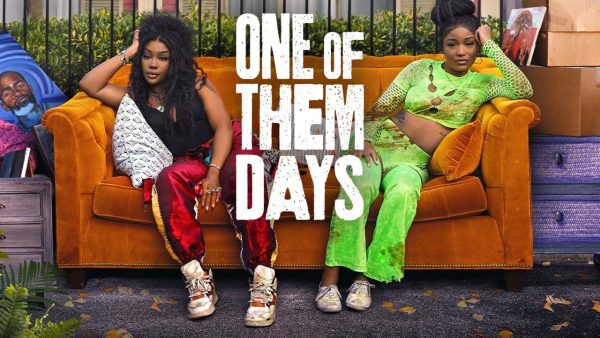The Rap Community Owes Megan Thee Stallion an Apology
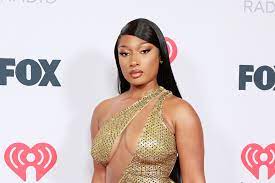
Megan Thee Stallion
On December 23, 2022, Tory Lanez was found guilty of shooting Megan Thee Stallion at a party hosted by Kylie Jenner. The incident has been surrounded in controversy since the shooting occurred in 2020, with many instantly expressing suspicion in Megan’s story.
Among these skeptics were some big names in the rap community. From Drake accusing the rapper of lying in a song to 50 Cent posting memes implying that Stallion made the whole thing up, to Joe Budden outright expressing his dislike for Megan.
Female rappers and public figures in particular seemed to be the biggest cheerleaders in Stallion’s corner, calling out the misogynoir that has motivated all the backlash. Rappers Cardi B and Baby Tate publicly celebrated the guilty verdict when the news came out. Though female rappers came to Megan’s defense all throughout the trial, rapper Soulja Boy made a bold move when he took to Stallion’s defense after the trial, directing his anger toward Lanez and the entire rap community. In an Instagram live on January 8th, the rapper expressed his disappointment in how silent rappers have been about the situation saying, “I’m the only [guy] in the whole rap game that’s gonna say something? Ok, cool.”
Though he isn’t the first to defend Stallion, he is one of the very few influential male rappers to even address the situation, let alone show support for Stallion. It took the official guilty verdict for one of Stallion’s biggest naysayers to finally admit they were wrong. 50 Cent, who has now deleted his insensitive posts, admitted that he “now know[s] what happened.”
The fact is that Megan is owed a whole lot more apologies. The eagerness of the rap community to assume that a woman is lying about violence inflicted upon her revealed a deep-seated issue of misogyny that must be addressed. Stallion calls this out in her op-ed for the New York Times entitled, “Why I Speak Up for Black Women.” stating, “The issue is even more intense for Black women, who struggle against stereotypes and are seen as angry or threatening when we try to stand up for ourselves and our sisters. There’s not much room for our passionate advocacy if you are a black woman.” With most of the biggest names in rap being men, the support of other women in the industry is simply not enough to protect women like Stallion from disgusting backlash. Stallion’s situation proves that no matter the status, black women are unprotected in a world of racism and misogyny.













































